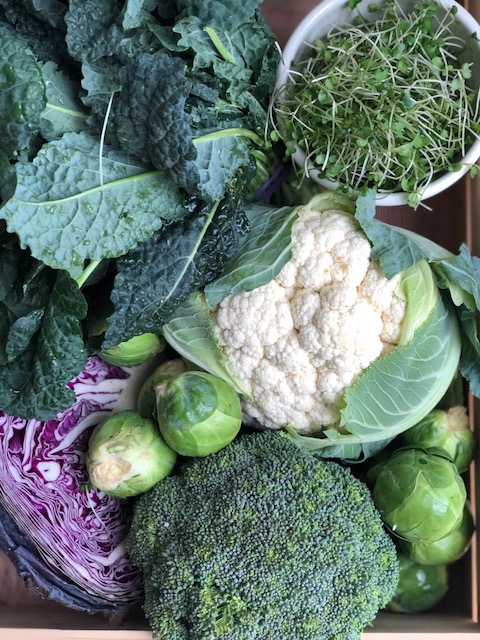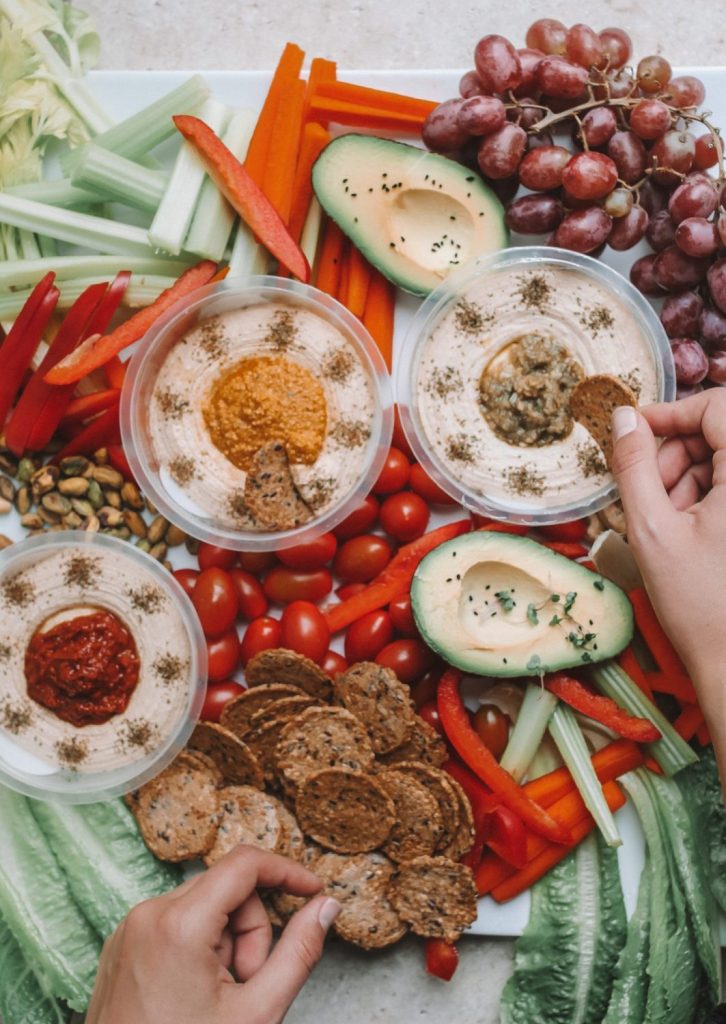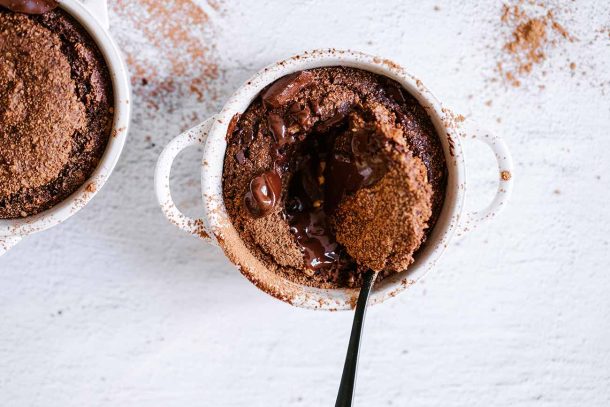With modern day western lifestyles, our gut flora (known collectively as the microbiome) is frequently out of balance, creating a condition known as dysbiosis.
What this means is that the protective (good) bacteria have been largely destroyed, allowing harmful, opportunistic pathogens a chance to become dominant. This is detrimental to gut health, impacting on our overall wellbeing.

Our gut flora is impacted by a number of factors, from the way in which we are born, whether or not we are breastfed, surgeries, drugs, (especially antibiotics), stress and diet.
It is important to remember that what we eat not only nourishes us but also feeds our gut bacteria and influences diversity and the ratio of microbes. Our modern lifestyles, with the use of antibiotics (both in humans and animals), the contamination of our foods with herbicides such as glyphosate (compound in round up) and the ubiquity of highly processed foods since the industrialisation of agriculture in the 1970s have transformed our microbiome in a very negative way.
Due to the many critical roles of the microbiome, the impacts of dysbiosis can manifest in a number of ways, ranging from IBS symptoms, mental health problems, diabetes, depleted immune function, to difficulty in losing weight and the list goes on.

What can we do to improve our gut health?
#01
Stop feeding the gut microbes processed foods and excess sugar.

#02
Support healthy gut microbes, by including whole, nutrient dense foods, dietary fibre, pre-biotic and pro-biotic substances, such as fermented foods.
However, depending on the the level of dysbiosis, symptoms, etc., the way in which these foods are introduced is important. Fermented vegetable dishes such as Sauerkraut and Kimchi, as well as yogurt and kefir, have recently gained popularity due to their beneficial effect on the gut flora. Remember though, that too much, too soon can make symptoms worse for some, especially those sensitive to FODMAPS or tyramines. In these cases, the help of a nutritionist is recommended.

#03
Support the digestive process by slowing down, avoiding eating on the run, eating when stressed etc. The digestive process begins with the anticipation of food, perhaps via aromas of cooking, activating the vagus nerve to secrete saliva, containing digestive enzymes to begin the process whilst chewing. Skipping this step not only significantly diminishes the enjoyment of our food but is also likely to set up digestion issues.







